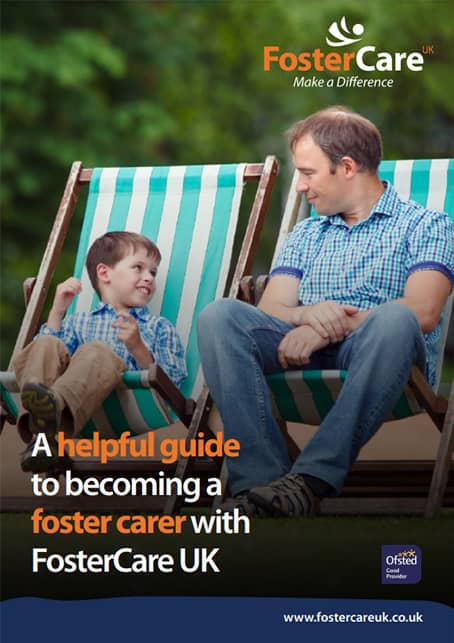


What happens when a child is taken into care?
Benefits of being a foster parent
What is a care leaver?
How to become a foster parent
How to foster a child
What are the foster care requirements
Can I choose who I foster?
Fostering with pets FAQ
How long does it take to become a foster parent?
What is the role of an independent fostering agency?
Fostering a disabled child
Tips for coping when foster placements end
Do foster carers pay tax?
What to expect in a fostering assessment
Common Fostering Challenges and Solutions
What disqualifies you from being a foster carer?
Muslim Fostering
Fostering as a single parent
Can you foster a child with a criminal record?
Can you work and foster?
Top 10 fostering myths
Can I foster if…?
Can I foster and rent?
LGBT Fostering: can I foster if I’m gay
Top transferable skills to become a foster carer
Can you foster with a mental health condition?
Christian Fostering
Sikh Fostering
Cultural Diversity in Foster Care
How to encourage foster children to read
Reasons for a child to be taken into care
Tips for coping with attachment disorders in Foster Children
Fostering vs Adoption
What happens when foster parents get divorced?
What is reunification in foster care?
How to deal with foster child bullying
A guide to the foster care handbook
Guide to fostering young children
Types of self-harm
A guide to fostering teenagers
What are the signs of depression in foster children?
A study into the ages of children in foster care showed that 36% of children in care are under the age of 10 and 13% of these are between the ages of 1 and 4. In this guide, we’ll shine a light on fostering young children and explain some of the main topics to be aware of.
Fostering children or young people can be a very rewarding experience. Young children tend to be very responsive to positive experiences but can require lots of attention, care and support. Some of the main differences between fostering young children and older children or teenagers include.
Younger children are in a state of rapid development and growth and it can be incredibly rewarding to help them grow, explore the world around them and learn new skills.
At an independent fostering agency, you’re more likely to foster older children than a young child or baby. This is because young children are more likely to be placed with family members or relatives before turning to foster care, whilst the number of older children and teenagers in need of foster care is much higher.
One of our most frequently asked questions is “Can you choose the age of the child you want to foster?”. And, while you can’t pick the exact age of a child you want to foster, you can register a preference. It’s important to remember that it might take longer for you to be matched with a foster child if you decide to choose a specific age that you’d like to foster.
Here at Foster Care UK we provide a range of training and support so that you can help to provide the best possible care for your foster child. For more information including what happens when a child is taken into care or if you’re ready to discuss the fostering process further contact our friendly and helpful team today.
If you’ve got any questions or would like to find out more about fostering with Capstone, fill out the form below.
An experienced fostering advisor from your local area will then be in touch.

Start the conversation today. Our team of friendly advisors are on hand to answer any foster care questions you may have. We can offer you honest and practical advice that can help you decide if becoming a foster carer is the right path for you.


